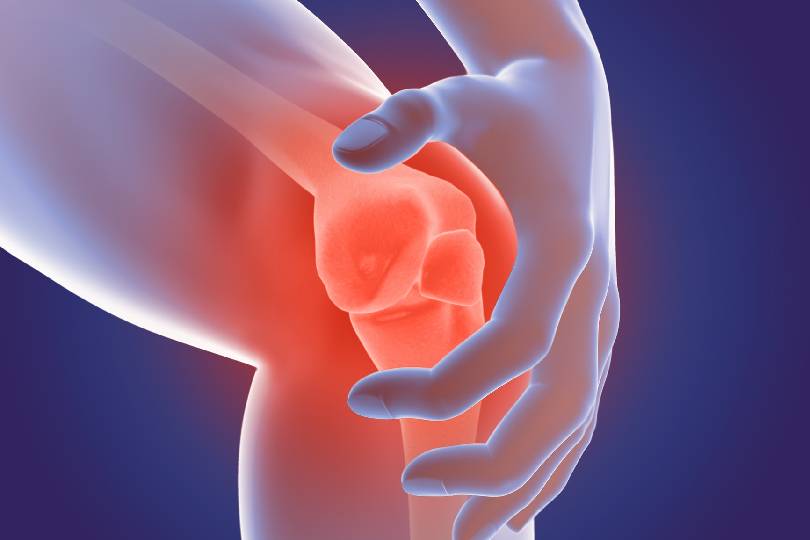
Arthritis and Rheumatology Clinic
Definition:
Arthritis and rheumatology clinics provide specialized care for patients with arthritis and other rheumatic conditions, which involve inflammation and dysfunction of the joints, muscles, and connective tissues. These clinics offer comprehensive evaluation, diagnosis, treatment, and management of a wide range of rheumatologic disorders.
Causes:
Arthritis and rheumatic conditions can have various causes including autoimmune disorders, infections, metabolic abnormalities, genetic factors, and environmental triggers. Common rheumatic conditions include osteoarthritis, rheumatoid arthritis, lupus, gout, fibromyalgia, and ankylosing spondylitis.
Symptoms:
Symptoms of arthritis and rheumatic conditions vary depending on the specific disorder but may include joint pain, stiffness, swelling, fatigue, and systemic symptoms such as fever, weight loss, or rash. These conditions can affect multiple organ systems and have a significant impact on the patient’s quality of life.
Treatment:
Treatment of arthritis and rheumatic conditions aims to reduce inflammation, alleviate symptoms, prevent joint damage, and improve overall function and well-being. Treatment strategies may include medication (such as nonsteroidal anti-inflammatory drugs, disease-modifying antirheumatic drugs, biologics, or corticosteroids), physical therapy, lifestyle modifications (such as exercise, weight management, and stress reduction), and patient education.
Conclusion:
Arthritis and rheumatology clinics play a crucial role in providing comprehensive care and support for patients with chronic inflammatory and autoimmune conditions. By offering specialized expertise, advanced diagnostic techniques, and personalized treatment plans, these clinics help patients manage their symptoms, optimize their health outcomes, and achieve a better quality of life.
